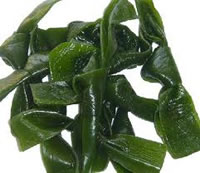Inniu d’ith mé mo lón taobh amuigh i ghort mór in aice leis an caolas Menai, mar bhí deannach beagnach i ngach áit i mo theach, mar caithfidh na leicteoirí a dhruileáil trí an balla idir an seomra suí agus an cistin le uirlis druileála iontach fada. Chaith sin tamall fada mar caithfidh siad stad a chuir leis an obair go minic chun an uirlis druileála a ligean fuarú. Tá an chuid is mó den obair taobh istigh deanta acu anois, agus beidh siad ag suiteáil na painéil greine amárach nó arú amárach.
Today I ate my lunch outside the big field by the Menai Strait because there were dust almost everywhere in the house, because the electricians had to drill through the wall between the sitting room and the kitchen with a very long drill bit. They had to keep on stopping to let the drill bit cool down. They’ve done most of the work inside now, and will install the solar panels tomorrow or the day after.

